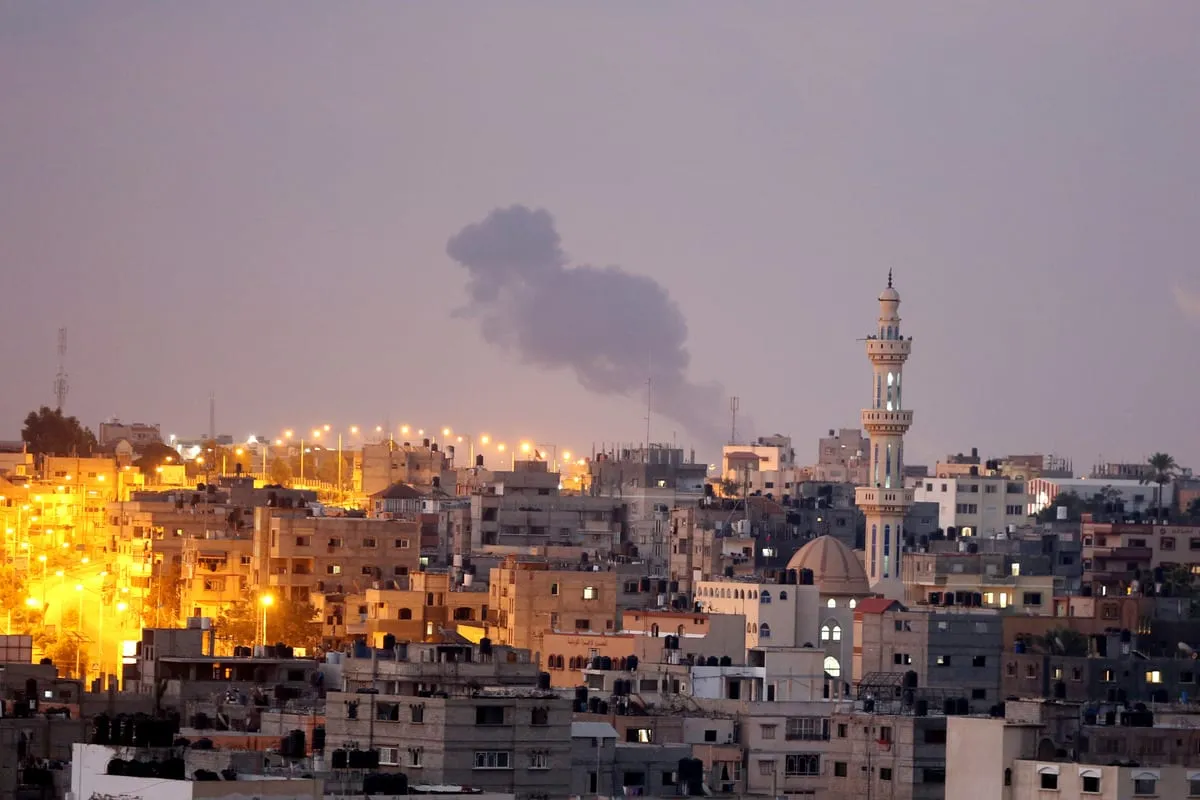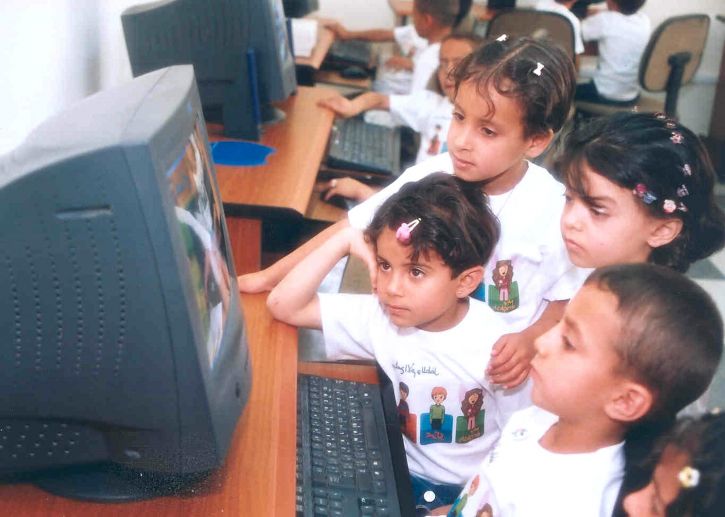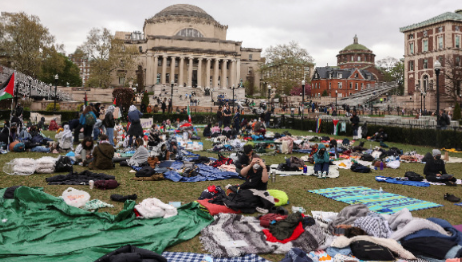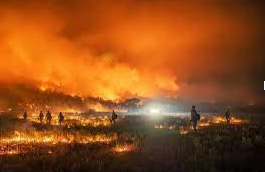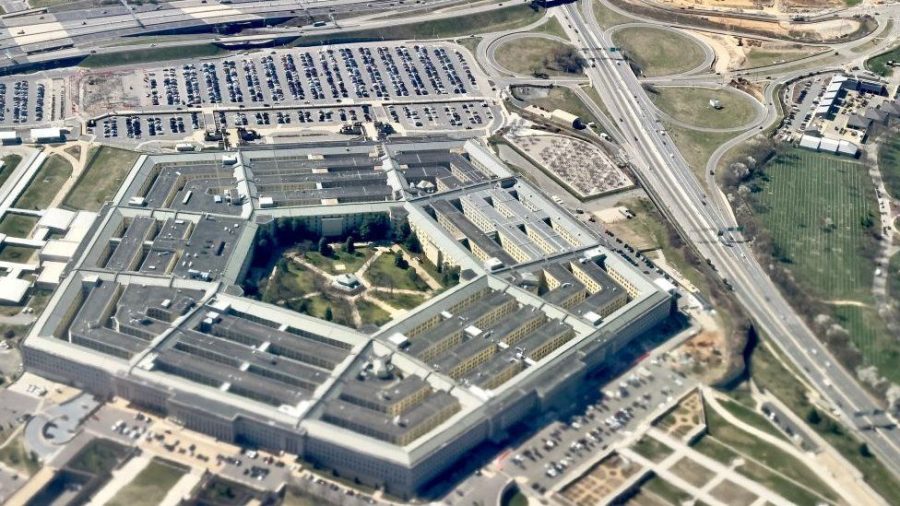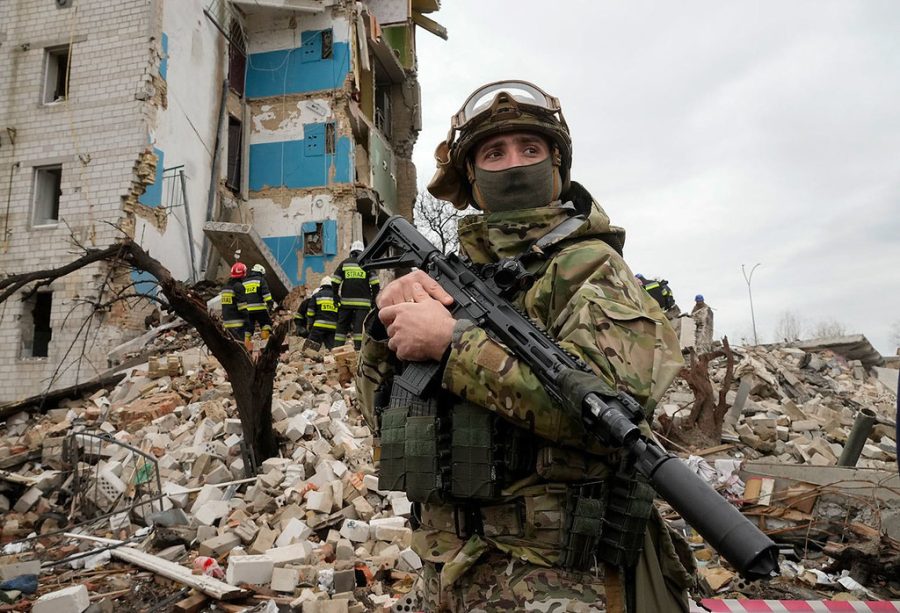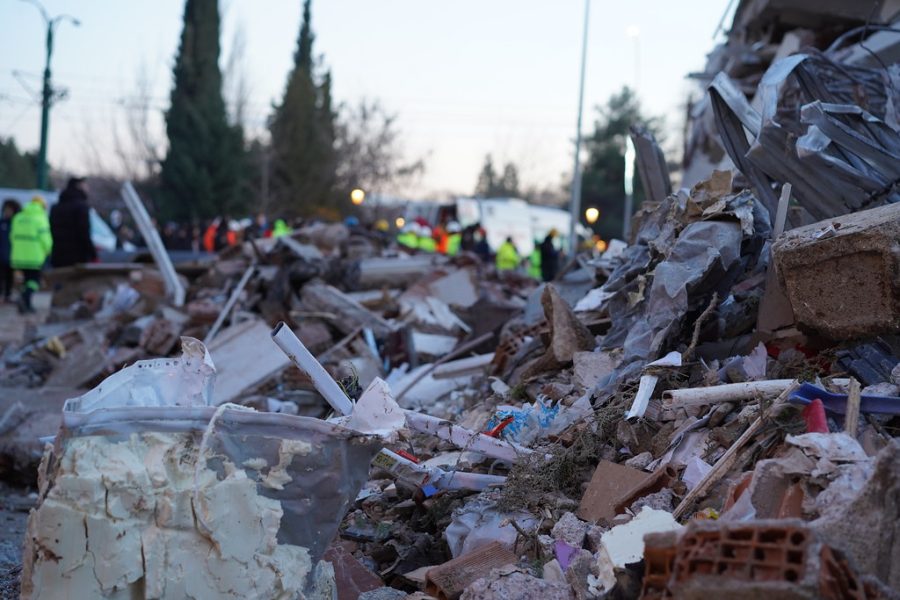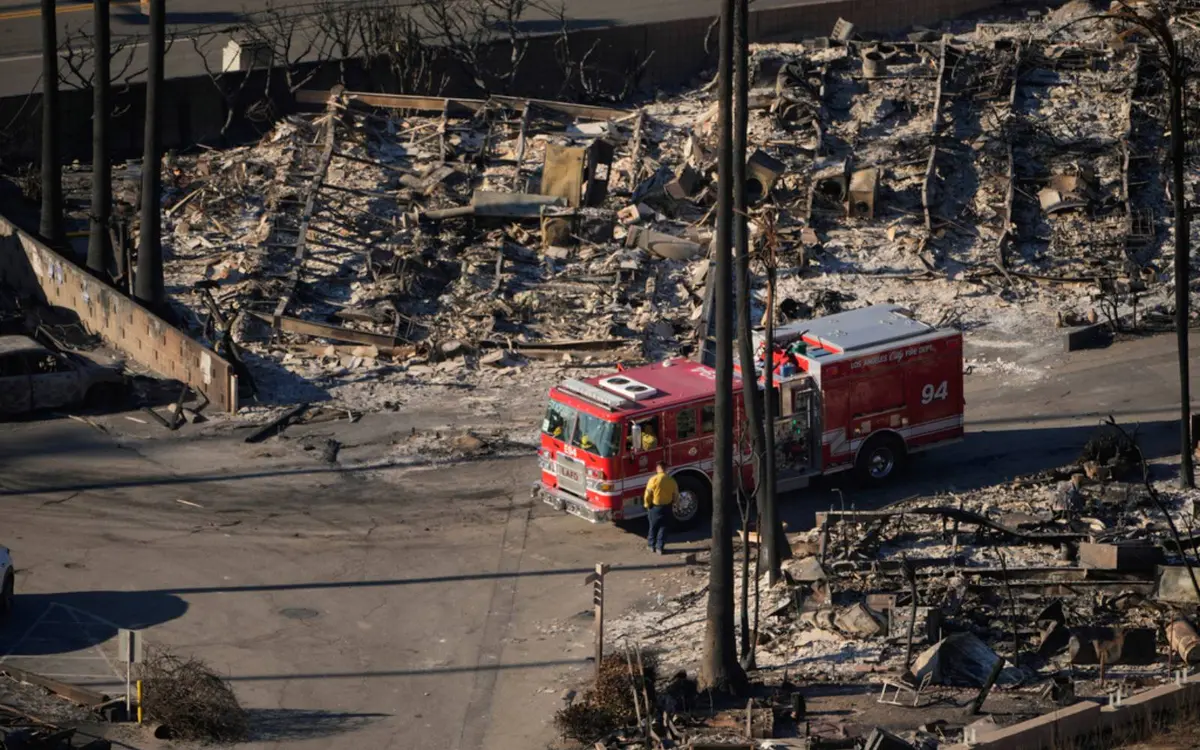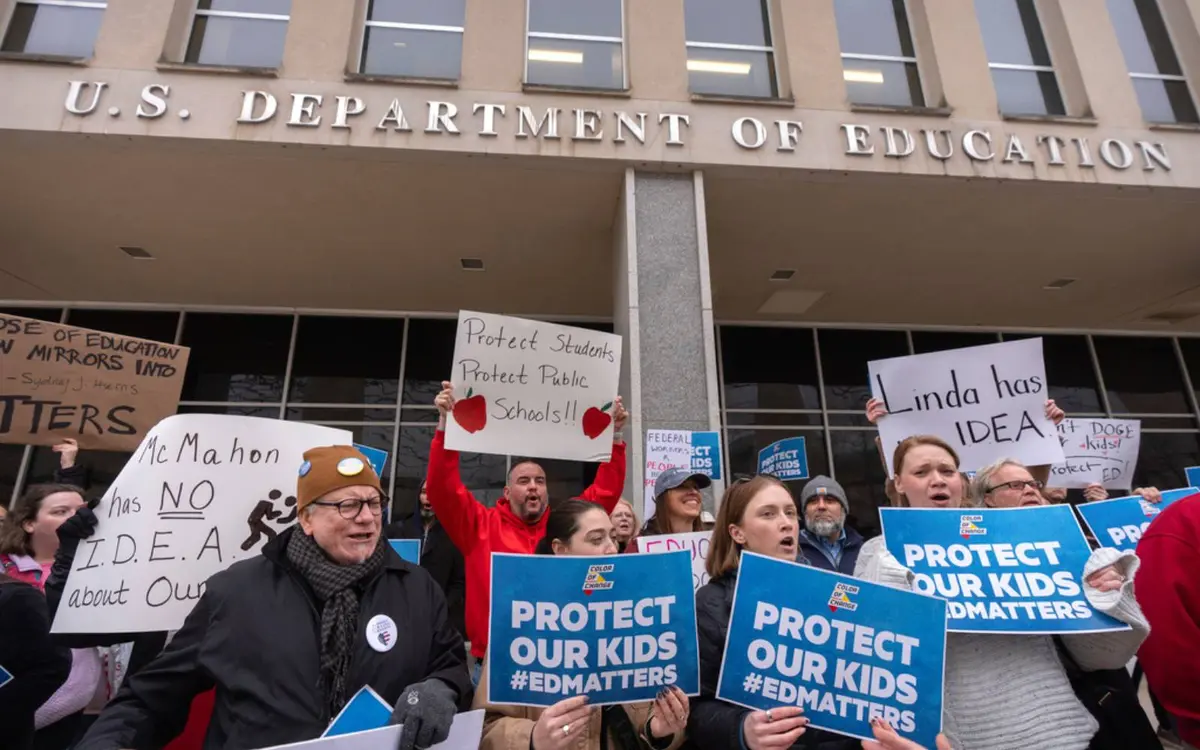Throughout history, Israel and its neighbors have always had conflict. Starting with the 1947 Partition Plan, separating Arabs and Israelis. Later, Israel declared independence from British rule, sparking the first conflict between Israelis and Arabs. Israel was the victor of this war and gained its neighboring territory. The UNGA (United Nations General Assembly) released Resolution 194 demanding refugees to move back to their homelands after the war. About 20 years later, from June 5, 1967, to June 10, 1967, neighboring Arabs and Israelis fought against each other in a Six-Day War, with Israel winning again. Later that year, in November, the UN Security Council passed Resolution 242, commanding Israel to return the land they seized during the Six-Day War. Six years later, on Oct. 3, 1973, the Yom Kippur War broke out between the Arabs and Israelis. President Ford sent troops to aid Israel, while the Soviet Union helped Egypt. The war later ended because the UN called for a cease-fire. Finally 1978, the David Accords were signed, creating a peace treaty for Israel and Egypt.
Dec. 1, 1987, history was made when the First Palestinian Intifada happened. An Israeli driver killed four Palestinians in a car accident, causing the first uprising against Israel in both West Bank and Gaza. In the end, 200 Israelis and 1,300 Palestinians died, and the Palestinian organization, Hamas, was founded by Sheikh Ahmed Yassi, a Palestinian militant. The US declared Hamas a terrorist group in 1997 after they used the Holy Book of Islam to attack Israel and gain territory.
Throughout the years, Israel has had their fair share of conflicts with neighboring territories . The most recent attack on Israel was on Oct. 7, 2023, when Hamas attacked Israel. The Prime Minister of Israel cut off all supplies from Southern Gaza except the water supply.
Hamas militants launched rockets into Israel from Gaza and used bulldozers to try and weaken the barrier fence. This action alone killed more than 1,000 people, and the terrorists were able to take 100 hostages. Israel has taken action and sent tanks to the Gaza border as of Oct. 9.
On Oct. 13, a 24-hour evacuation order was sent out to residents in Northern Israel to vacate to Southern Gaza. Israel evacuated the area prohibiting Hamas from using civilians as “human shields.” Most refugees have gone to the main hospital in Gaza’s city, receiving treatment, trying to find their loved ones, and comprehending what is happening.
The UN demands that Israel does not target civilians, hospitals, or schools. Al-Shifa Hospital, the main hospital in Gaza, has used up almost all of its medical supplies due to treating wounds. Their water and electricity supply are dwindling fast. Refugees are taking shelter in the U.N.-run school-turned-shelter in Deir al-Balah. The shelter is overcrowded, causing people to sleep on the floor or use chairs from the school.
Opinions at Castaic High School have varied; an anonymous sophomore stated, “I don’t think that this war could have been avoided, if the UN never split Palestine up displacing thousands of people.” She believes the UN is to be blamed for this war because of the former regulations.
She also believes Israel could be blamed for this war.
“Their government has a very muddy track record, and the human rights of Palestinians are often violated,” she said. However, she does not support the Palestinian organization, Hamas.
Another sophomore stated “I think the situation is a tough one to look at; I think both are in the wrong for killing innocent people.”
Both countries are taking significant losses. We can only hope they come to an agreement and the innocent people being involved are getting the help they need.


